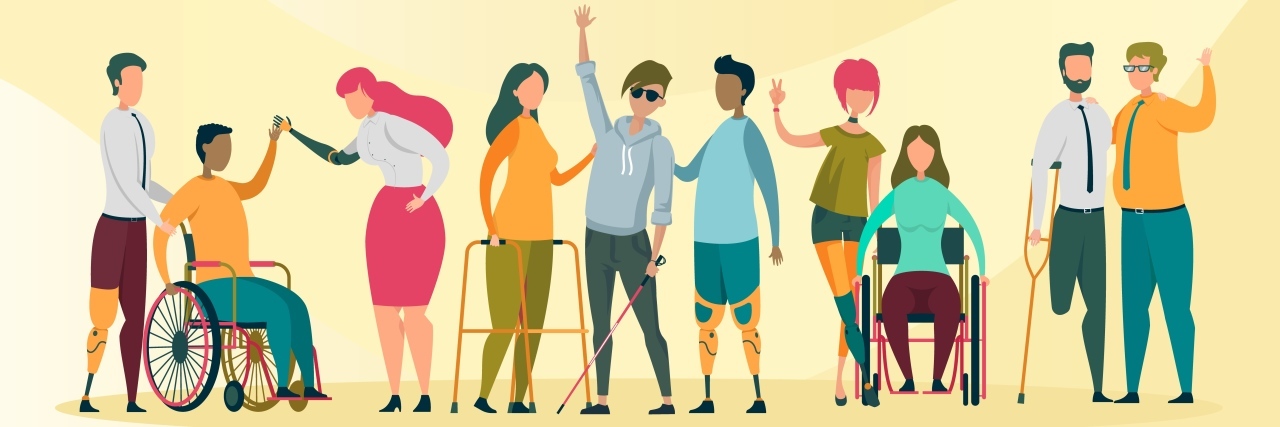I’ve lived through a number of social justice movements during my 25 trips around the sun. I’ve seen widespread marches for racial equality, the people-led push for the legalization of gay marriage, and protests to highlight the great threat of climate change. Though each of these causes has distinct core issues, they all share one common formula: They arose from a form of injustice; for this, the people asked, and then demanded, a remedy. Instead of languishing under the weight of inequity, the people behind these campaigns used their frustration as a tool in the dismantling of unfit systems; they drew the eyes of the public to their cause, and invited those on the outside to examine their struggle.
Whilst the work an activist must never reach an absolute conclusion, it’s important to note the obvious success of protests and outrage when a movement is tasked with destroying society’s restrictive barricades. When Dr. King took the people to Washington on that momentous day in ’63, he led a march that was the culmination of many smaller battles for racial equality; the Civil Rights Movement became universalized on that afternoon, and the tide moved in favor of change.
Progress is a good indication that society is functioning as it should. As the collective attitudes of whole countries and civilizations move from the consensus of one generation to the next, we begin to expand freedoms to groups who had been at a grave disadvantage during times past. Homosexuality was not only a crime in England until 1967, but it was greatly frowned upon decades after decriminalization; with many gay men, and other members of the LGBTQ+ community, left to face the bone-chilling silence of a callous society as AIDS took the lives of so many throughout the 80s. Fast forward to today, and I live amongst a population that generally embraces members of the LGBTQ+ community; such is the progress achieved by countless demonstrations to improve lives. The LGBTQ+ movement for equality regularly passes through our country, helping to secure their future prosperity and security.
There’s one movement I have yet to see in revival, though. As the world’s population address issues including race, gender and sexuality, one perspective has remained largely unheard: the position of people with disabilities.
Whilst the disability rights movement in the U.K. continues to make quiet and deliberate steps towards equality, diligently raising the profile of the issues affecting disabled people throughout the nation, I can’t help but wonder what could be achieved if these strides were perpetrated in a much more vocal way.
As the U.K. government consistently overlooks us and underfunds our support systems, as we face continuous discrimination and adversity, with little assistance from the able world, what if we said no? What if we took these issues to the pavement and got loud? Self-advocacy isn’t always calm and controlled. Sometimes, it’s tenacious and unwavering. Are these not the perfect qualities to form the basis of a noisy campaign for the rights of people with disabilities?
For those who cannot join in person, our demands for more visibility, less mistreatment, and a whole host of other measures to support our community can be bolstered online. We could make our voices heard across the world; our message could reach the places where those with disabilities exist without support of any kind. Our movement, like others before it, could go global if executed with enthusiasm and finesse.
So, will we ever see it happen? Will we ever see a return of a defiant, well-organized section of the disability community; the likes of which could rival the great American disability revolution movement? What could happen if we pushed for inquests into the government’s hostility towards us? If we stop asking and start insisting, could we forge a better future for ourselves?
Maybe, if we imagine the good we could do, we might find the energy to get organized, and to change the world.
Getty image by Five Stars.

